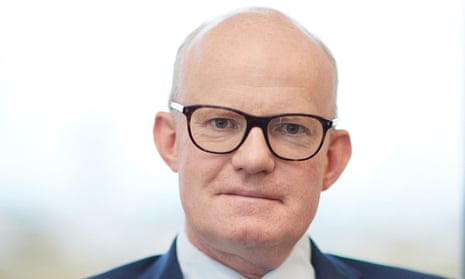The Crown Prosecution Service cannot sustain further cuts because digital technology is imposing heavy additional workloads on its lawyers, Max Hill QC, the new director of public prosecutions, has told MPs.
In his first appearance before the justice select committee since taking up the role, Hill admitted that problems over disclosure – particularly over checking the contents of mobile phones – had led to a fall in the number of rape and sexual offence charges.
He said a “few thousand” such cases were still under active consideration and many would eventually result in prosecutions.
Hill said the fall in the number of suspects charged was not due to a new “risk-averse” prosecution policy but because cases were subject to what he said was a “more rigorous approach” applying a new code for prosecutors.
“There are a large number of perhaps a few thousand cases which are being held in the system pending charging,” he said. “That’s not because we only bringing the strongest cases.”
The DPP said the holdups were substantially due to the widespread use of smartphones. “We have seen a jump in communications technology,” Hill said. “We all have smartphones. That’s risen very sharply over the last few years and that’s generating far more information.”
“Where we are adopting a more rigorous approach, that is resulting in more cases being held pre-charge,” he said. They would eventually lead to charges where appropriate, he promised.
Asked about funding for the CPS, Hill said: “We can’t contemplate any further cuts to resources.” The organisation receives one terabyte of information from the police each day. “Even routine cases which might last a couple of days require greater focus on detail than we have ever seen before.”
Success should not be measured by conviction rates alone, Hill said, but also by other achievements such as the quality of the files presented. “The CPS exists to make good legal decisions,” the DPP said. “There are many cases where a good decision will be to not charge an individual.”
Referring to problems over disclosure that led to hundreds of cases being dropped earlier this year, Hill acknowledged there had been serious mistakes in the past “which will require a change in attitude and a gear shift”.
CPS staff numbers have fallen from around 8,000 in 2010 to around 6,000 now.
Hill said he would break with the practice of his two immediate predecessors, Keir Starmer and Alison Saunders, and not appoint a legal adviser to his office.
“My role is to support decisions taken by very experienced caseworkers,” Hill said, rather than to make most of the charging decisions himself.
